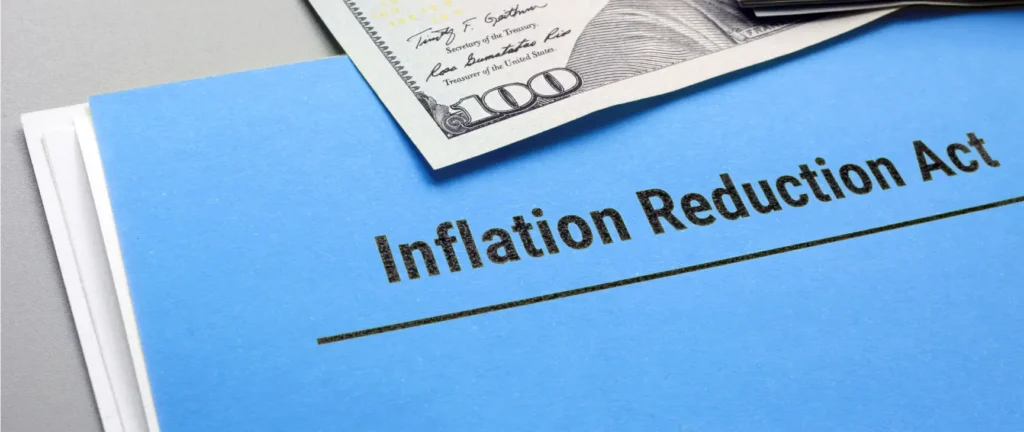The Energy Efficient Home Improvement Tax Credit (25C) is one of the most important aspects of the IRA for homeowners. This tax credit, formerly known as the Nonbusiness Energy Property Credit, is new and improved through the IRA and provides opportunities to save on your energy-efficient upgrades. Interested in the particulars? Here’s what you need to know:
Starting in 2023, the tax credit allows homeowners to claim up to 30% of the cost of qualifying energy-effient upgrades to their primary residence between Januaryt 1, 2023, and December 31, 2032.
Under the 25C credit, there is an annual cap of 30% of the installed costs, with a maximum of $1,200. Qualified air conditioners or furnaces may receive up to $600 each. There is also a separate annual limit of $2,000 for qualified heat pumps, which means a homeowner could claim up to $3,200 in credits annually.

Puget Sound Energy (PSE) offers rebates to encourage customers to replace electric resistance heating systems—such as baseboard heaters, wall heaters, and electric furnaces—with energy-efficient air-source heat pumps. Eligible customers can receive a $1,500 rebate for installing a qualifying ducted or ductless heat pump. Income-qualified households may be eligible for an increased rebate of $2,400 through PSE’s Efficiency Boost Program. These heat pumps not only provide heating but also offer cooling, improved air circulation, and dehumidification, leading to enhanced comfort and potential energy savings. To qualify, the new system must be AHRI Certified® and meet specific efficiency standards.

Heating oil is the least efficient, most expensive, and most polluting form of home heating in Seattle. With heating oil prices at an all-time high and generous incentives to finance the project, there’s never been a better time to switch to an energy-efficient heat pump that can save you more than 50% on your annual heating costs. Heat pumps also provide air-conditioning, making them a great solution for year-round comfort.
In addition, underground oil tanks can rust and develop leaks that contaminate your soil and groundwater. Switching to electric heat and decommissioning your oil tank can reduce the risk of contamination. There are an estimated 8,000-10,000 homes heating with oil in Seattle (down from approximately 18,000 in 2018), and the City is committed to helping transition all remaining households by 2030 through instant rebates and no-cost conversions for income-qualified households.

Energy Smart Eastside has special rebates for residents of Bellevue, Issaquah, Kirkland, Mercer Island, Redmond, and Sammamish. These rebates can be combined with other utility and federal incentives for thousands of dollars in savings on heat pumps.
Take advantage of thousands in rebates and incentives on a new heat pump. These savings help you switch to an energy-efficient system that heats and cools your home while lowering your energy bills. Let’s help you find out how much you can save!

© 2025 Cloud9 Heating and Air. All rights reserved. | Privacy Policy | Terms of Use